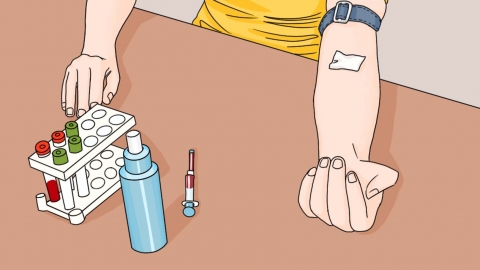Is it necessary to fast before undergoing Down syndrome screening?
Generally, fasting is not required for a standalone Down syndrome screening test; however, if the Down syndrome screening is performed together with other tests that require fasting, then fasting is necessary. Detailed explanations are as follows:

When undergoing a standalone Down syndrome screening test, eating does not affect the test results, so fasting is unnecessary. It is sufficient to eat light meals before the test to avoid excessive hunger and physical discomfort. Particularly for pregnant women, prolonged fasting may cause symptoms such as dizziness and fatigue.
If the Down syndrome screening must be conducted alongside other tests that require fasting, such as liver function or blood glucose tests, fasting is necessary because food intake can affect the accuracy of these tests. Typically, it is recommended to stop eating after 8 PM the night before the test and remain fasting for 8–12 hours to ensure reliable test results.
Before undergoing Down syndrome screening, adequate rest is important, avoiding late nights and excessive fatigue. On the day of the test, wear loose and comfortable clothing to facilitate the procedure. If fasting is required, bring some light snacks and warm water with you, and eat promptly after the test to replenish energy and maintain a stable physical condition.






